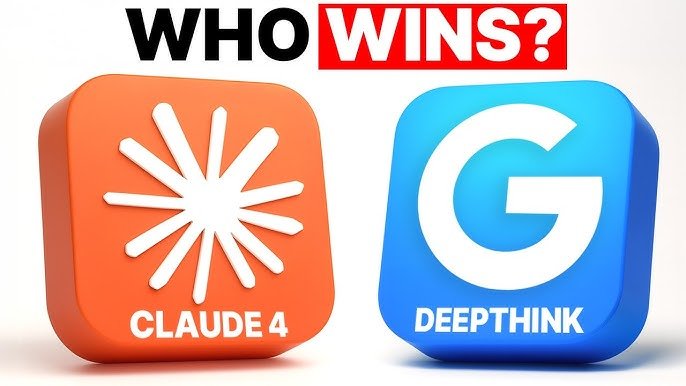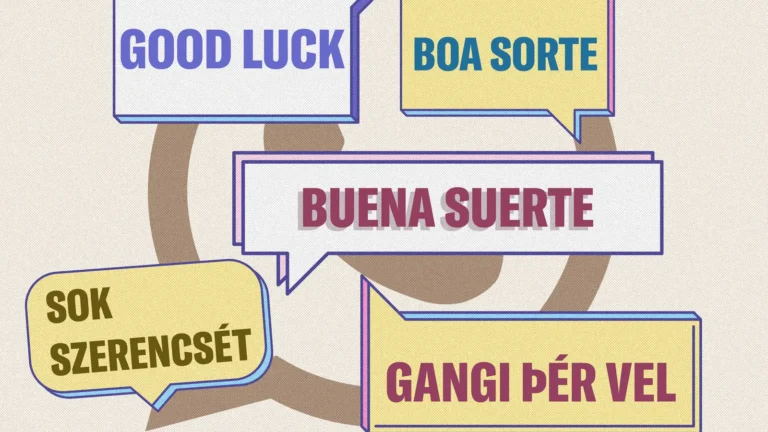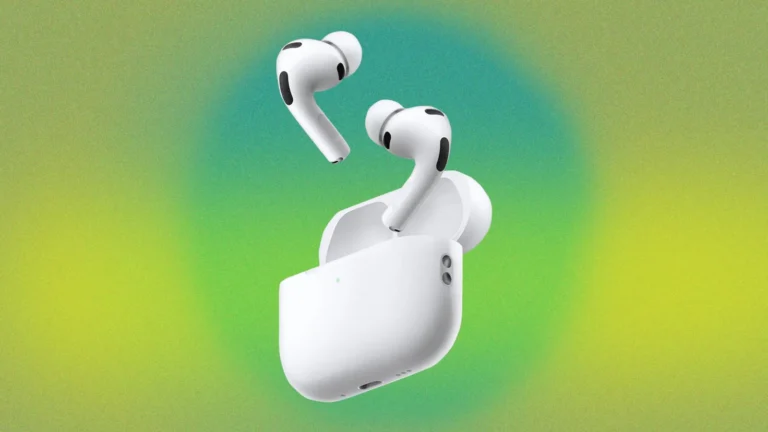AI tools are evolving fast—and two of the most advanced models in 2025 are Claude 4 Opus by Anthropic and Google’s DeepThink (part of Gemini 2.5 Ultra). Both are built for complex reasoning, advanced coding, and problem solving, but they work differently and shine in different areas.
So which one is better for your needs?

What Is Claude 4 Opus?
Claude 4 Opus is the flagship model by Anthropic, designed to simulate a thoughtful, helpful assistant that can handle long conversations, multi-step tasks, and deep research. It uses an agentic architecture, meaning it can create internal “mini agents” to manage complex subtasks autonomously.
Think of it as an AI that can handle a big job like a human project manager—reliable, focused, and built for long-haul tasks.
Key Features:
- Handles multi-hour workflows without losing context
- Built-in agent orchestration for project-level tasks
- Chain-of-thought visibility for better transparency
- Outperforms previous Claude versions on logic and reasoning
What Is Google DeepThink?
DeepThink is a next-generation reasoning engine developed by Google DeepMind, sitting within their Gemini 2.5 Ultra ecosystem. It specializes in parallel thinking—meaning it explores multiple solutions at once, ranks them, and refines the best ones before giving you a final answer.
This approach leads to highly creative and accurate results, especially in math, science, and code debugging.
Key Features:
- Uses parallel solution threads like a brainstorming team
- Excels at STEM tasks, logic puzzles, and algorithmic reasoning
- Shows human-like creativity in problem-solving
- Achieved bronze medal performance at the 2025 International Math Olympiad
Performance Benchmarks: Who’s More Powerful?
Claude 4 Opus:
- Best-in-class for software engineering tasks
- 72.5% on SWE-Bench (complex bug fixing)
- Can run up to 7-hour workflows like long builds or code testing
- Great for enterprise agent use cases
Google DeepThink:
- Top scores in STEM benchmarks like HumanEval, LiveCodeBench (87.6%), and IMO-style math problems
- Solved strategic planning problems and design tasks better than previous Gemini versions
- Better suited for fast-paced idea generation and creative logic tasks
Use Cases: What Should You Use Each For?
Use Claude 4 Opus If You Need:
- A virtual agent to manage complex, multi-step workflows
- Long-form writing like articles, books, or technical docs
- Deep research that spans across multiple queries and sources
- Transparent, trustworthy outputs for professional use
Use Google DeepThink If You Need:
- Quick STEM help with math, physics, or data problems
- Website or product design brainstorming
- Debugging complex code with multiple failure points
- Parallel thinking across multiple creative solutions
Pricing & Access
| Model | Access Options | Pricing Details |
|---|---|---|
| Claude 4 Opus | Anthropic API, Amazon Bedrock, Google Vertex AI | Input: $15/1M tokensOutput: $75/1M tokens |
| Google DeepThink | Gemini Ultra (AI Studio) | $249/month (no free tier) |
Claude 4 Opus has no free tier. Google DeepThink is also locked behind a premium plan, though it may be released more widely later.
Safety & Reliability
- Claude 4 Opus comes with AI Safety Level 3, meaning it’s designed to be harder to jailbreak, and includes monitoring for misuse. It also lets users see its reasoning steps, which helps with trust.
- DeepThink is trained under Google’s responsible AI standards, with deep testing against unsafe outputs, bias, or hallucinations.
Both models take safety seriously—but Claude’s transparent chain-of-thought may appeal more to users in regulated industries like law, finance, or healthcare.
Which One Is Better?
It depends on what you’re trying to do:
| Use Case | Best Model |
|---|---|
| Long-running, multi-agent tasks | Claude 4 Opus |
| Creative problem-solving | Google DeepThink |
| Advanced STEM or math | Google DeepThink |
| Complex research or writing | Claude 4 Opus |
| Debugging code with multiple layers | DeepThink |
| Building internal enterprise tools | Claude 4 Opus |
- Claude 4 Opus is your go-to AI for complex, structured, and transparent workflows.
- Google DeepThink is better for creative problem solving, math, and rapid iteration.
- Both are premium tools, and neither currently has a free tier.
- Your choice should be guided by your workflow needs—not just benchmarks.
Need more AI tool comparisons or workflow guides?
Keep visiting Profaves.com for expert, real-world tech breakdowns across AI, apps, software, and beyond.






